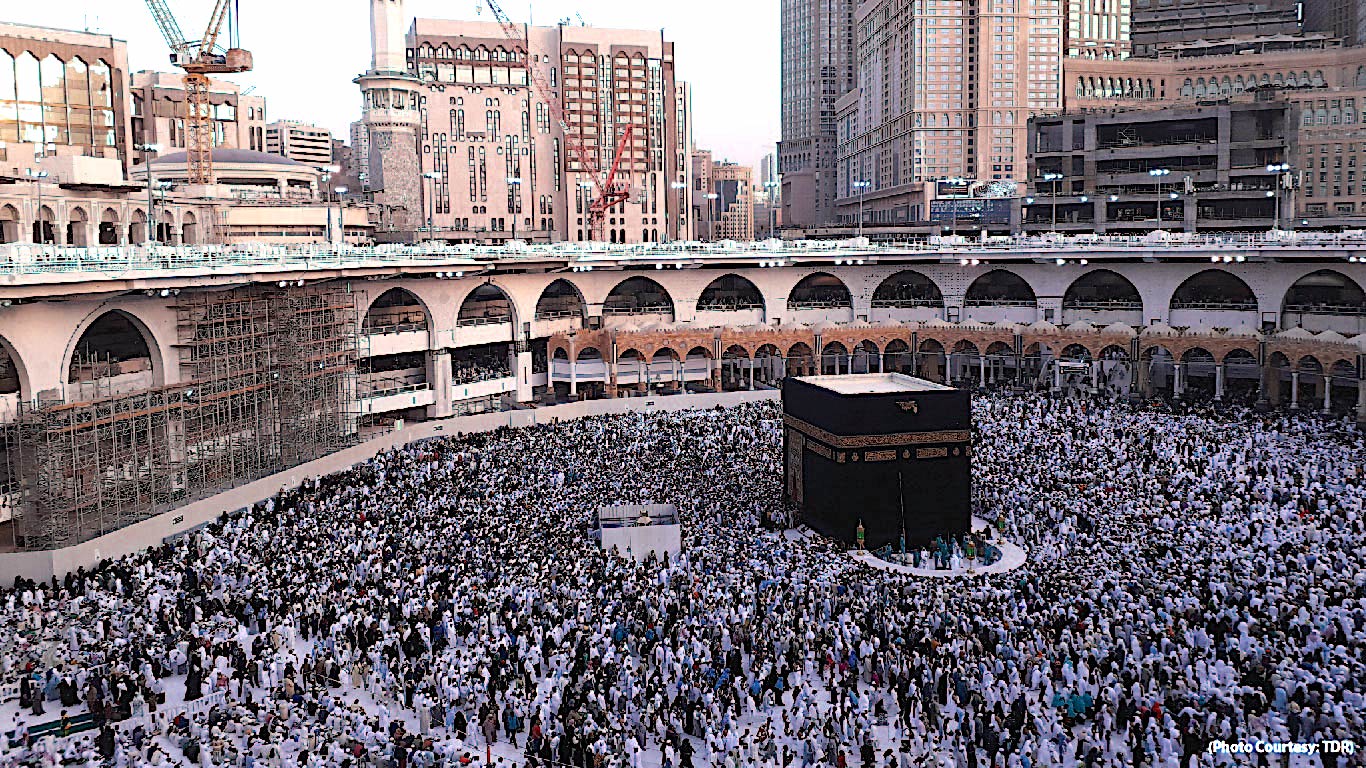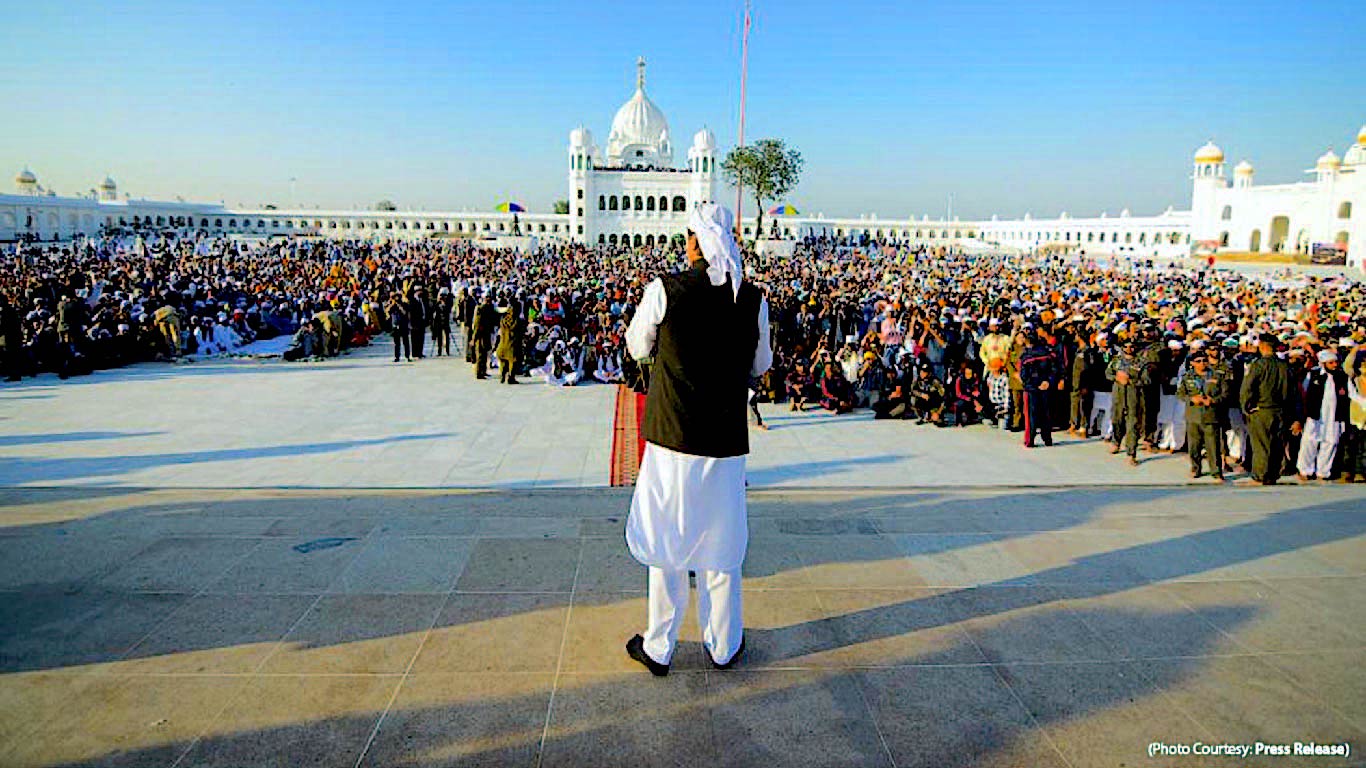

FO highlights Indian tyranny
By Staff Reporter
Friday – November 15, 2019According to an official statement, the humanitarian nightmare in IOK is worsening with continued military lockdown and complete communications blackout for 102nd consecutive day, since the lockdown was imposed on August 5, 2019, which is affecting life and property of millions of innocent Kashmiris.
Over 8 million people in the IOK remain cut-off from the world, with continued concerns being raised about lack of medical supplies and other basic needs. People of IOK are even not allowed to offer Friday prayers at major mosques. These inhuman and unilateral actions by India are continuing, despite international condemnations.
We also condemn the restrictions imposed by the Indian authorities on all congregations in the IOK on Eid Milad-un-Nabi (Sallalaho-Alaih-e-Wasallam). All roads leading to the Hazratbal Shrine in Srinagar and other holy shrines and mosques in IOK were sealed by Indian occupation forces to stop any processions on this auspicious occasion, which is traditionally observed by Kashmiris with great fervour.
Imposition of restrictions on celebrations and other congregations on the birthday of the Holy Prophet (Sallalaho-Alaih-e-Wasallam) represents utter disrespect for the sentiments of the Muslims of IOK. It is also a flagrant violation of their fundamental freedom of religion.
The Indian government should immediately restore internet and mobile phone services, release all prisoners, especially civil society members and the abducted young children, remove Public Safety Act (PSA) and other draconian laws, and allow the independent media and international human rights observers to visit the region to independently observe the situation of the Kashmiri people.
We urge the international community, the United Nations (UN), and other human rights organisations to take notice of the brutal suppression of the religious rights and freedoms of the Kashmiri people in utter violation of international laws and conventions.
The Indian government cannot suppress the aspirations of the people of IOK for exercising the right to self-determination as enshrined in the UN Security Council (UNSC) Resolutions.
We have also noted with deep concern the decision of the Indian Supreme Court regarding the historic Babri Masjid. The decision has, once again, failed to uphold the demands of justice.
As the UN recently noted that Indian Supreme Court’s response to human rights petitions in the context of IOK was slow, this decision points out that when it acts, it is unable to protect the interests of India’s minorities.
This decision has shredded the veneer of so-called secularism of India by making clear that minorities in India are no longer safe; they have to fear for their beliefs and for their places of worship.
A process of re-writing history is underway in India in order to recast it in the image of a ‘Hindu Rashtra’ in pursuance of the Hindutva ideology. It is also fast affecting India’s major institutions. The rising tide of extremist ideology in India, based on the belief of Hindu supremacy and exclusion, is a threat to regional peace and stability.
The Indian government should ensure the protection of Muslims, their lives, rights and properties and avoid being yet again a silent spectator of Muslims becoming the victims of Hindu extremists and zealots.
Pursuant to the Indian Supreme Court verdict regarding the historic Babri Masjid, Foreign Secretary Sohail Mahmood briefed the Organisation of Islamic Cooperation (OIC) resident Ambassadors in Islamabad on Thursday.
Giving an overview of the events leading to the verdict, the Foreign Secretary underlined that it failed to uphold the demands of justice, shredded the veneer of so-called secularism of India, and further illustrated the vulnerabilities of the minorities in India, particularly Muslims, in the face of extremist “Hindutva” ideology.
Contrary to Indian claims of this being an “internal” matter, the Babri Masjid demolition has remained on the agenda of the OIC since 1992. The OIC has also addressed this issue in numerous resolutions and declarations, including at the Summit level.
Moving forward, an 18-member delegation of Association of Southeast Asian Nations (ASEAN) Parliamentarians and civil society members led by Haji Mohammad Azmi Hamid, President of Malaysian Consultative Council of Islamic Organization (MAPIM), called on Foreign Secretary Mr. Sohail Mahmood on 7 November, 2019.The delegates included members from Indonesia, Malaysia, Brunei Darussalam, Cambodia and Thailand.
The visit was arranged by MAPIM for evaluation of the situation in the region after Indian government’s recent illegal and unilateral steps to change the internationally recognised disputed status of IOK and to alter its demographic structure.
The Foreign Secretary briefed the delegation in detail on the deteriorating human rights and humanitarian situation in IOK due to inhuman lockdown since August 5, and apprised them about the serious risks to peace and security stemming from India’s belligerent rhetoric and actions.
He underscored the importance of the international community’s role in helping to ameliorate the dire situation and to facilitate a peaceful solution of the Jammu and Kashmir dispute in accordance with UN Security Council resolutions.
For its part, the delegation highlighted its mission of acquiring first-hand knowledge about the Jammu and Kashmir dispute, expressed concern over the human rights and humanitarian situation in IOK, and affirmed support for the rights of the Kashmiris and a just and lasting solution of the Jammu and Kashmir dispute. They also underlined their commitment to continue efforts to raise awareness about the Kashmir situation in the ASEAN region.
Moving forth, the Council of Ministers (CoM) of the Economic Cooperation Organisation (ECO) held its 24th meeting in Antalya on November 9, 2019. Andleeb Abbas, Parliamentary Secretary for Foreign Affairs led the Pakistan delegation, which was attended by the Foreign Ministers/Deputy Foreign Ministers and Representatives of the ECO Member States and Observers. The Secretary General of ECO, Hadi Soleimanpour represented the ECO Secretariat.
In her statement to the CoM, the Parliamentary Secretary stressed the need to make the organisation an invaluable platform to promote connectivity, trade and economic cooperation among the member states. She emphasised that the ECO Trade Agreement and the Transit Transport Framework Agreement should be implemented to realise the full potential of the Organisation.
While drawing attention to India’s outright brutality especially to women and children and blatant disrespect for human dignity in IOK, the Parliamentary Secretary said that Jammu and Kashmir dispute is a serious threat to regional peace and security and a roadblock in the region reducing its economic potential.
She encouraged them to stand up for justice and play their role for the peaceful resolution of this longstanding conflict according to UN resolutions. The Foreign Minister of Turkey assured that Pakistan and Kashmir have Turkey’s support, after the conclusion of Andleeb Abbas’s statement.
On the sidelines of the meeting of the Council of Foreign Ministers, Parliamentary Secretary held bilateral meetings with the Foreign Minister of Turkey and Secretary General of ECO.










